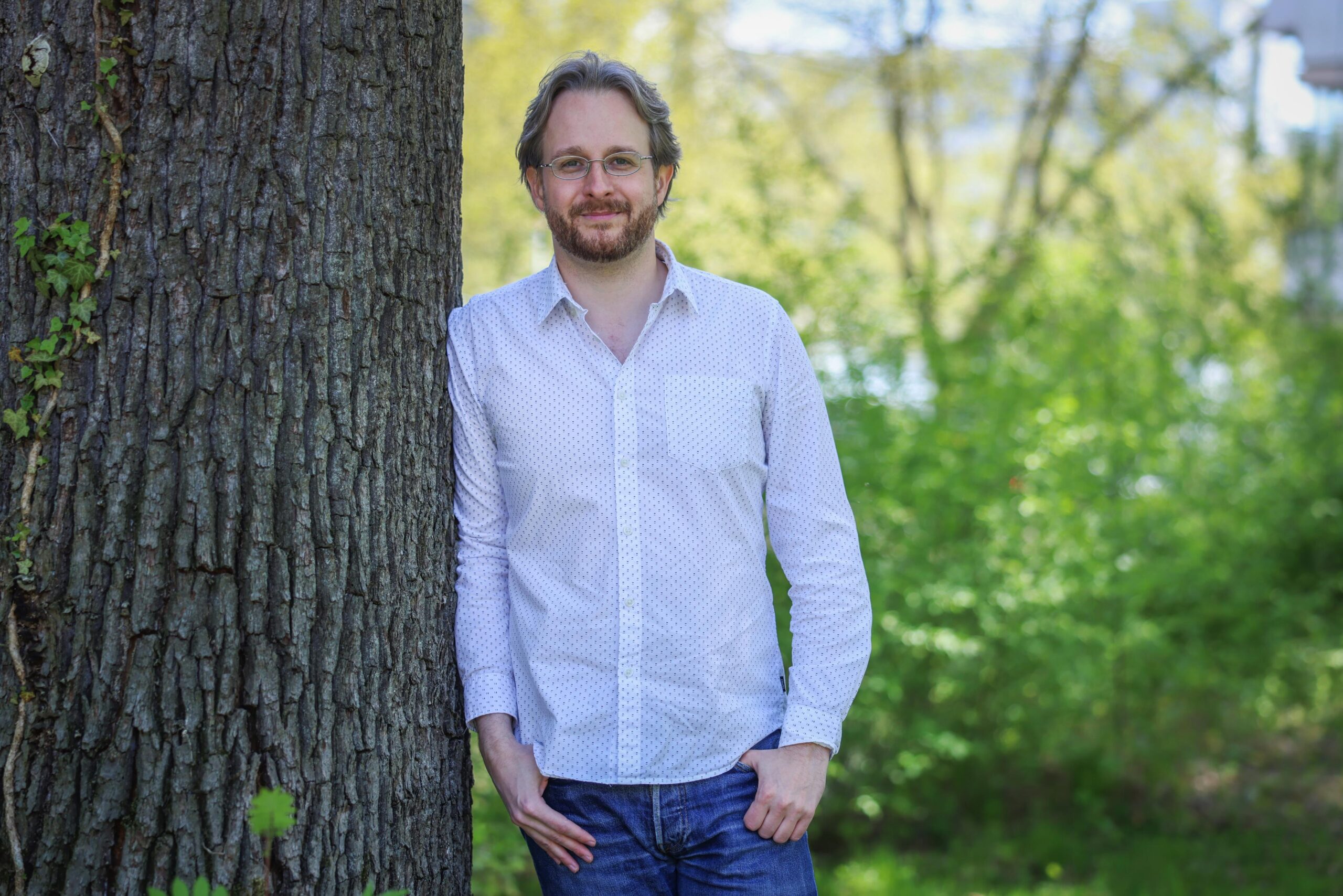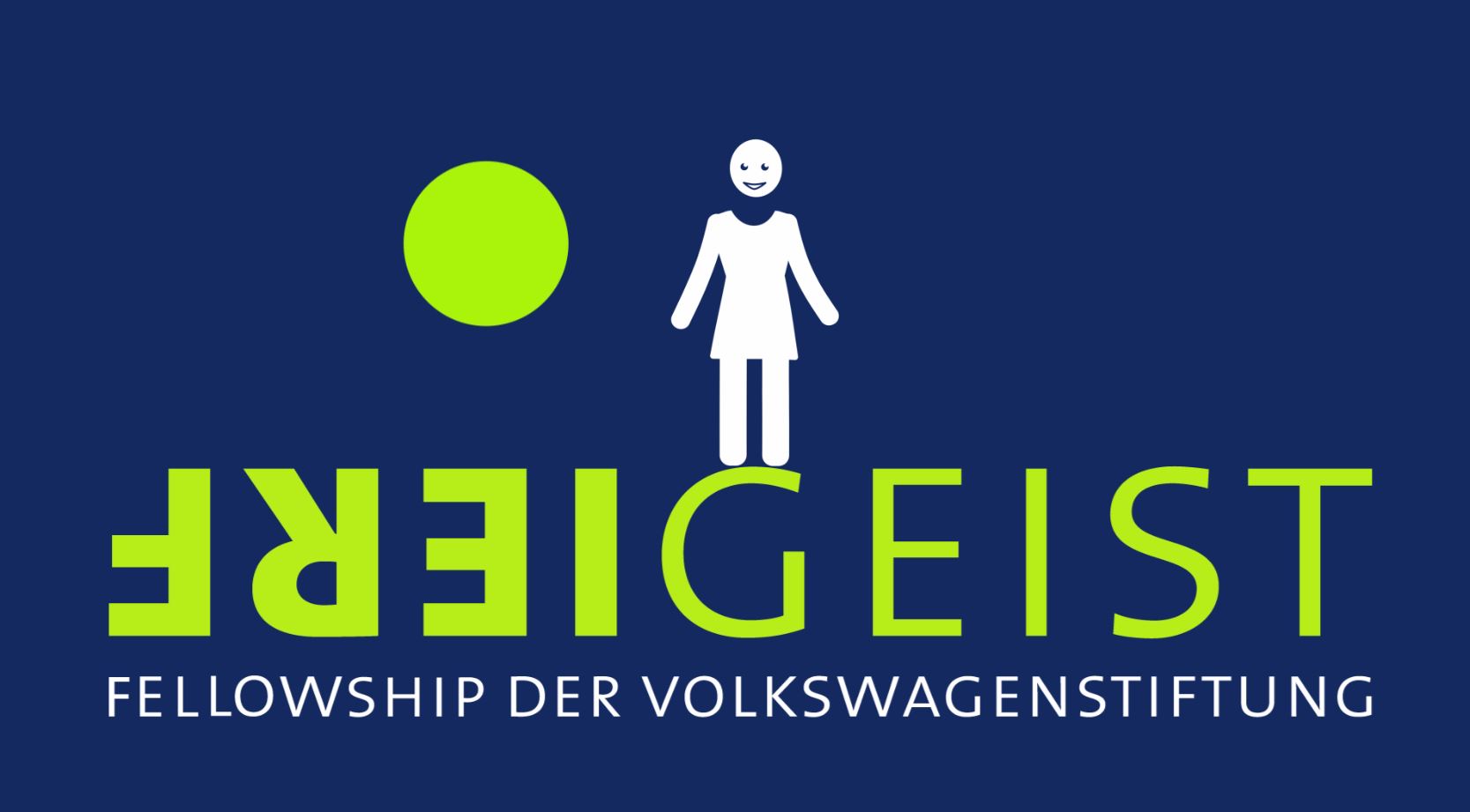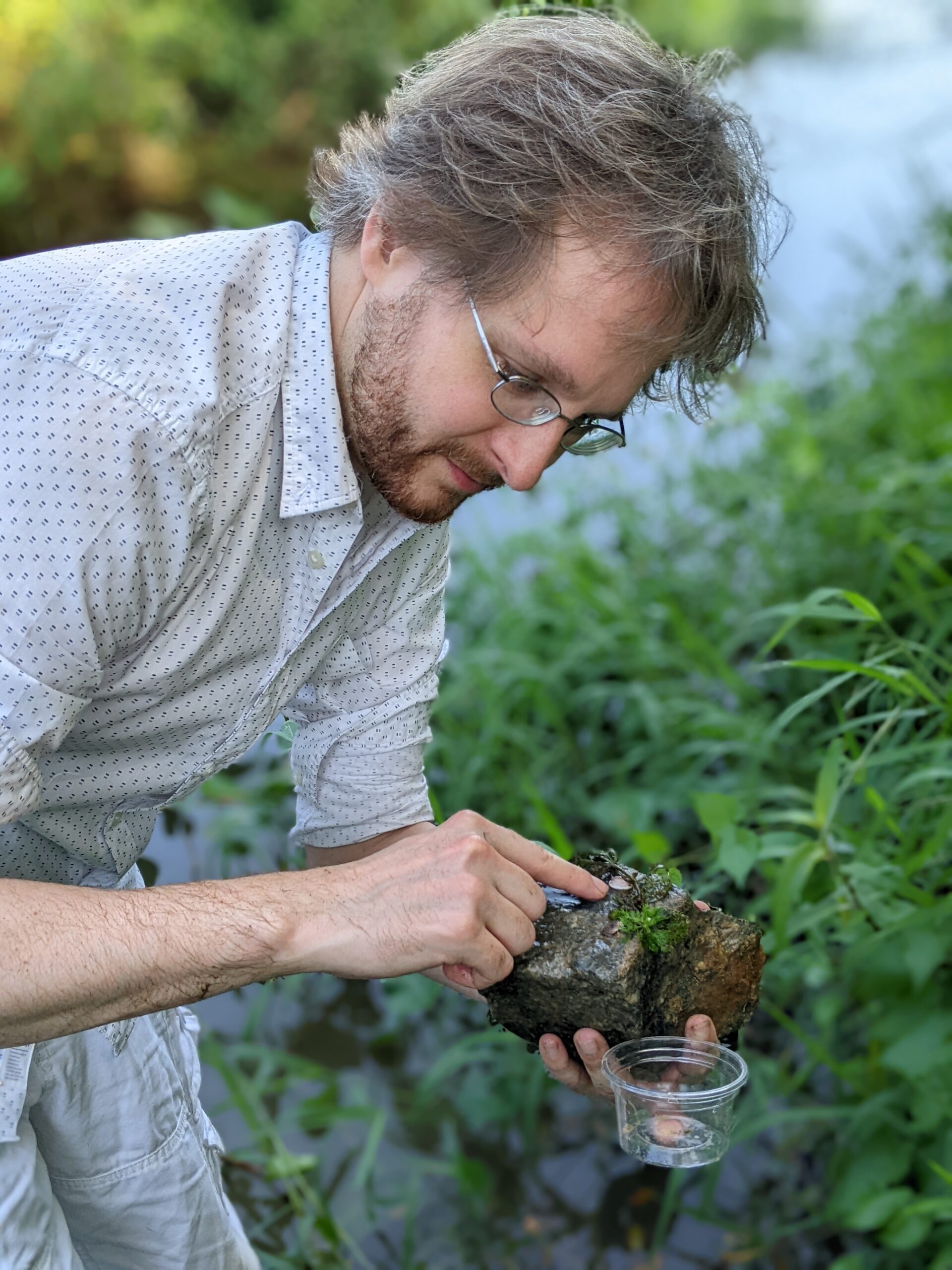- 16.04.2024 Paper on the integration of transgenerational morphological plasticity published in Functional Ecology!
- 04.04.2024 “Outstanding new principal investigator” awarded!
- 04.04.2024 Working Life column published in Science
- 13.11.2023 Paper on the transgenerational plasticity of exploratory behavior published in Scientific Reports!
- 19.10.2023 Research featured in ARD documentary
“Outstanding new principal investigator” awarded!
Today, I received the award of an “outstanding new principal investigator (PI)” by a worldwide community of over 2500 new principal investigators (i.e., assistant professors). I’m proud of being the first person from Germany and the second person in Europe to have received this award to date. I was elected due to being an example for diversity in research (see my Nature and Science articles), for having a very good publication output (11 publications) since my start as a Freigeist Fellow in 2022, and for my helpful and valuable efforts to support other new PI’s to tackle common challenges. In the interview that accompanies this award, I share my research focus, my challenges, and my strategies in leading my own workgroup.
Photo: © S.Jonek/Bielefeld University
Working Life column published in Science
Today, my Working Life piece on the strategies that I use to lead an academic workgroup as a lip-reading scientist was published in Science. The strategies that I share in this article should be helpful for any principal investigator, disabled or not.
Photo: © SereDim/ndla.no
Paper on the transgenerational plasticity of exploratory behavior published in Scientific Reports!
Research featured in ARD documentary
Research focused in promotional video from the Animal Behaviour department at Bielefeld University
Paper on the impact of antibiotics on phenotypic plasticity published in the Journal of Animal Ecology!
Review on non-genetic inheritance published in Biologie In Unserer Zeit!
Prestigious Freigeist fellowship awarded!
As a consequence of my successful application to the Volkswagen Foundation, I am pleased to announce that I was selected as one of the few people across all scientific disciplines to be awarded a prestigious Freigeist fellowship. The funding included in this fellowship enables me to become a junior research group leader by starting my own workgroup at Bielefeld University. This makes it possible for us to conduct a six-year interdisciplinary research project called “Plasticity-led evolution in the phenotype of a freshwater snail: from the epigenome to genetic change”. With this research project, we will be tackling the unconventional idea that phenotypic plasticity may lead evolution by inducing non-random genetic change. The results of this project may allow future scientists to better predict evolution and everybody to prepare accordingly. A more detailed description of the project can be found in the German press release from Bielefeld University.
Here you can find a short video by the Volkswagen Foundation that explains what a “Freigeist” is.
Career column published in Nature
I’m happy to announce that my career column was recently published in Nature. In this article, I talk about my scientific career, the universities that I have worked in, my supervisors and my research topics. Furthermore, I highlight the challenges that lip-reading scientists like me face in the academic environment. In addition, I tried to provide some useful guidelines for supervisors and colleagues to collaborate successfully with hearing-impaired scientists like me. From my own experience, scientists with disabilities are often determined to work especially hard to gain recognition by their peers. At the same time, the many unique challenges that disabled scientists face allows them to develop creative out-of-the box thinking. Consequently, supporting them benefits the whole scientific body. This piece has also been well-received on social media, especially on Twitter.
Find the full article here: https://doi.org/10.1038/d41586-022-00230-3




